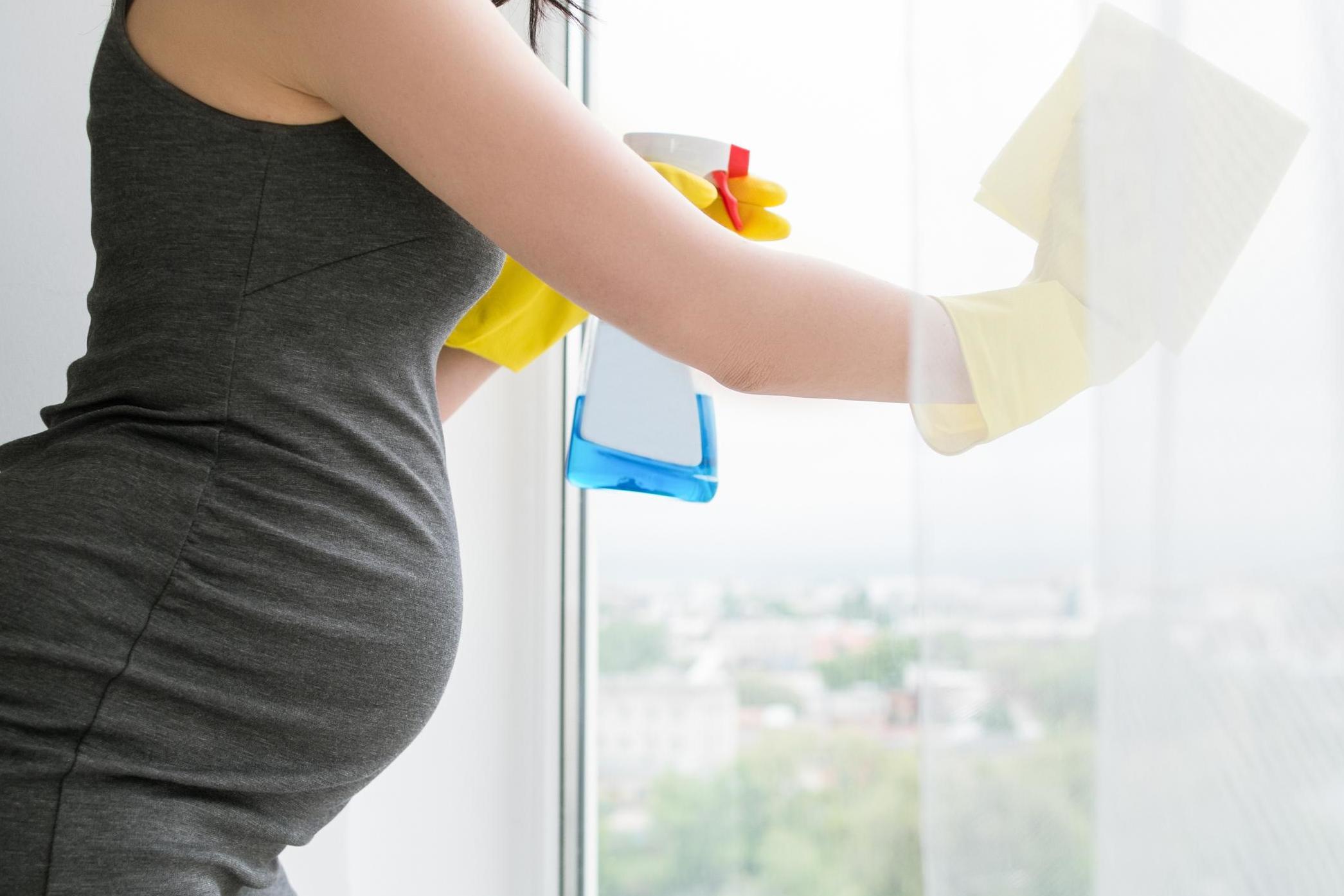Mothers doing extra 31 hours more housework each week than before coronavirus chaos, study finds
Women doing more household chores than fathers by average of 12 hours

Your support helps us to tell the story
From reproductive rights to climate change to Big Tech, The Independent is on the ground when the story is developing. Whether it's investigating the financials of Elon Musk's pro-Trump PAC or producing our latest documentary, 'The A Word', which shines a light on the American women fighting for reproductive rights, we know how important it is to parse out the facts from the messaging.
At such a critical moment in US history, we need reporters on the ground. Your donation allows us to keep sending journalists to speak to both sides of the story.
The Independent is trusted by Americans across the entire political spectrum. And unlike many other quality news outlets, we choose not to lock Americans out of our reporting and analysis with paywalls. We believe quality journalism should be available to everyone, paid for by those who can afford it.
Your support makes all the difference.Mothers in the UK are having to do an additional 31 hours more housework each week than they did before the coronavirus crisis, a study has found.
The report, carried out by Boston Consulting Group, warned this extra work is equivalent to having a second job and is causing a tremendous amount of stress.
Researchers found women are doing an average of 12 hours more household chores than fathers are.
Parents’ lives have been massively disrupted by the Covid-19 lockdown due to nurseries, primary schools, secondary schools and sixth forms being forced to close across the UK in an attempt to stop the spread of the virus.
The research into working parents found the additional household duties being undertaken by parents range from chores around the home, to childcare and homeschooling.
Some 60 per cent of mothers said their capacity to do their jobs has lessened during the coronavirus emergency due to additional domestic duties, while 49 per cent of fathers said the same.
Researchers found 70 per cent of parents do not have any type of external support in providing care and education for their children.
The study, which polled 3,055 working parents in the UK, America, France, Germany, and Italy, found similar gendered patterns in other countries too.
Researchers found women with children across these countries now spend an average of 65 hours a week on unpaid labour around the house — with this figure having almost doubled since the Covid-19 crisis. This is almost a third more than fathers, who are doing an average of 50 hours a week.
It comes after a study by the London School of Economics recently found coronavirus is exacerbating the gender gap as women bear the brunt of childcare responsibilities and homeschooling during lockdown — whether they’re working or not.
The report found women are more likely to deal with homeschooling, childcare and chores around the house even if they are juggling this with working at the same time.
But this trend is being bucked in some households, with childcare being distributed more equally in 20 per cent of homes that include a woman, man and dependant children, due to fathers being furloughed, laid off or working from home.
Professor Barbara Petrongolo, an economist involved in the report, said: “There are a substantial minority of families where fathers now shoulder the bulk of childcare. Together with the way we are adapting our working lives to cope during the lockdown, this gives me hope that in the long term, a more equal society will emerge.”
The report found women are more likely than men to lose their jobs in the forthcoming recession because a larger number work in sectors — such as hospitality, leisure, tourism and the arts — that are forecast to be hardest hit.
Join our commenting forum
Join thought-provoking conversations, follow other Independent readers and see their replies
Comments